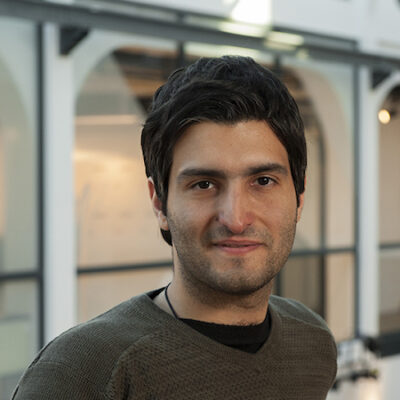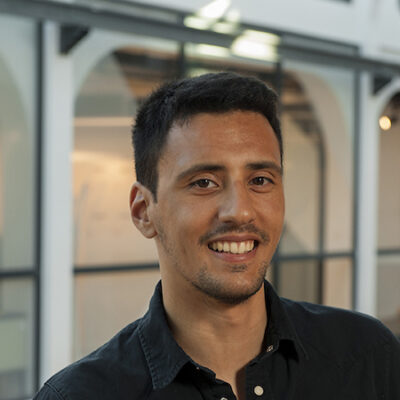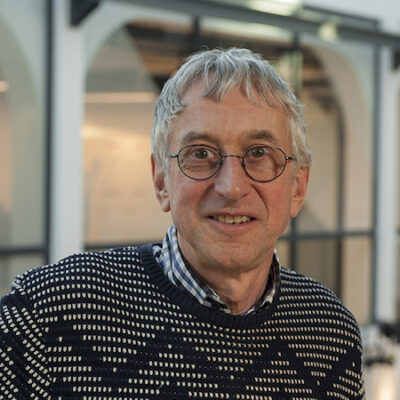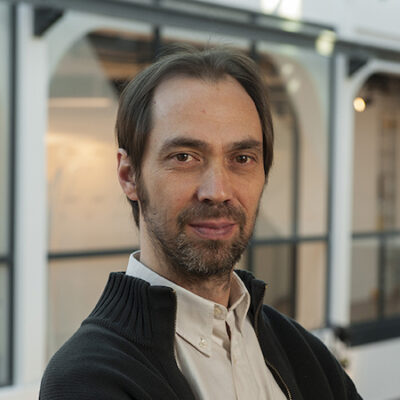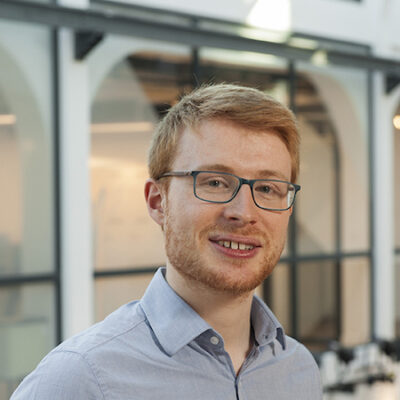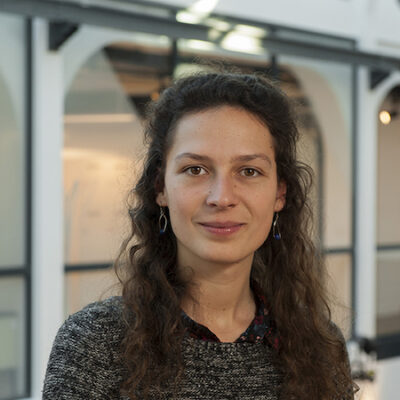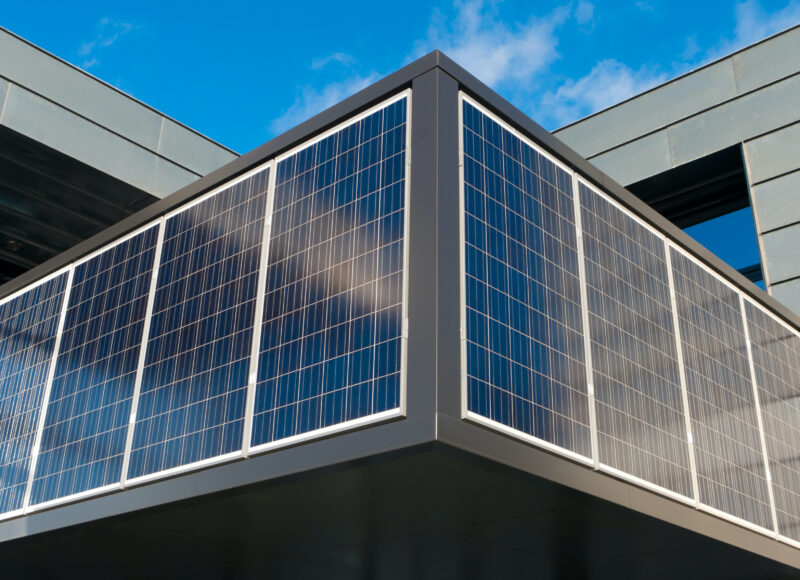Pleiades STD Comfie
Comfie is Pleiades’ dynamic thermal simulation (DTS) calculation engine. At each time step, the algorithm determines the heating, cooling, humidity and temperature needs in each area of the building. The resulting thermal balance includes exchanges between zones. Thermal inertia is taken into account at the level of each wall. This calculation engine, from the CES (Centre for Energy Efficiency of Systems) at MINES ParisTech, has been validated experimentally (Incas platform, Passys cell) and by inter-software comparison (Bestest from AIE).
The DTS Comfie module also calculates the energy consumption of the equipment (Dynamic Energy Simulation or DES) at each time step with the possibility of recovering heat losses, evaluates several comfort indicators and has a utility to manipulate and generate weather data files.
Comfie is linked to Amapola, which makes it possible to identify the least expensive solutions, anticipate uses and optimise the reliability of forecasts. It is therefore possible to assess energy consumption within the framework of the energy efficiency guarantee with a risk of an overrun of less than 5%. Thanks to data from smart sensors, the software program takes occupants and their behaviour into account.
CES
CES
CES
CES
CES
CES
CES
- About
- Researchers
- Projects
- Practitioner groups
- Research areas


